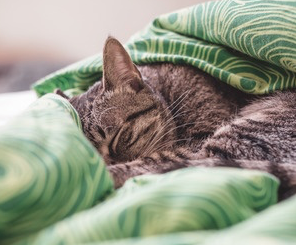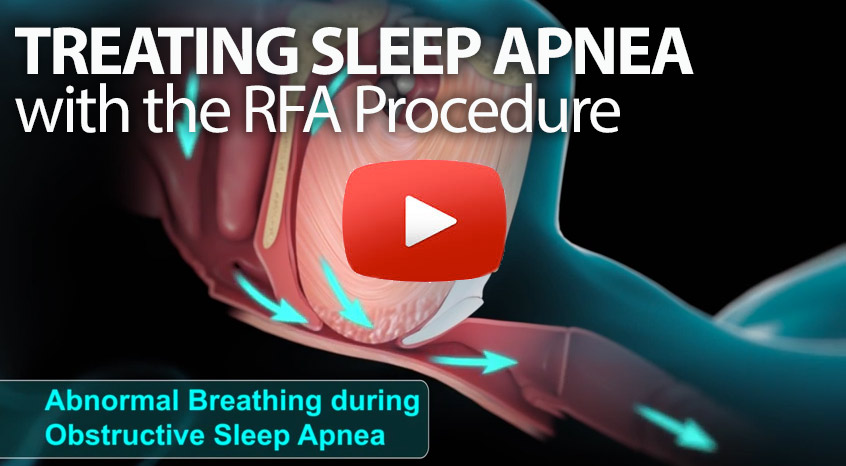What we call have a sleeping disorder is what you call not getting enough (quality) sleep; you might even have sleep apnea. You feel the effects as you sluggishly get out of bed in the morning, and you feel it in the evening as you drive home in rush hour with a pounding headache. If you have sleep apnea, there are multiple non-surgical and surgical treatment options, but the following tips and other lifestyle changes could be effective add-ons and are applicable to anyone who just needs to get a better night’s sleep. Read on for a more serene slumber.
Ditch the phone
If you’re reading this article in bed on your iPhone, stop! Or, at the very least, let this be the last thing you scroll through before you put your device in the other room. A 2013 Mayo Clinic study warns that the bright light-emitting diodes in mobile devices may suppress melatonin secretion (an important component in your sleep-wake cycle) and disrupt your sleep. If you absolutely refuse to part with your Facebook feed or reply to emails before you doze off, the researchers say reducing the brightness settings and holding the screen further away from your face may negate the risk. Keep in mind, though, that people who regularly use their smartphones for work purposes after 9 p.m. were both more tired and less engaged the next day on the job, according to a Michigan State University study.

If you want to sleep as soundly as this guy, you might have to ban him (and all pets) from your bed.
Keep Mittens off the bed
Yes, your pet is adorable and loves to cuddle, but try saving the bonding time for the waking hours. Research presented at SLEEP 2014, the annual meeting of the Associated Professional Sleep Societies, showed that of those pet owners who shared a bed with their companion more than four nights a week, 63 percent had poor sleep quality. Five percent also said they always or almost always had trouble falling back asleep after being awoken by their pet. Plus, we know that pet dander on your pillows and sheets can trigger allergic reactions that add yet another hurdle to your race to dreamland. If you can’t bear to kick Spots out of the room (or he’ll bark incessantly), try keeping him in his own crate or bed as far away from you as possible.
Put on your birthday suit
Reduce your laundry load and rest easier by ditching your pajamas. “Sleeping naked can regulate your temperature, helping you get the best night sleep,” says Dr. Sarah Brewer. When your body temperature is lower, as it likely will be without those long flannel pants, people tend to fall asleep more quickly and have better quality sleep. Sleeping in the buff may also help men keep normal testosterone levels, since being overheated disturbs sleep and may consequently interrupt testosterone production. As for women, hot flashes associated with menopause may also be alleviated by skipping the extra pajama layers.
Avoid alcohol
You might think that glass of wine will send you into a lovely night’s rest, but even if you do doze off, alcohol makes it more difficult to stay asleep and sleep well. Once your body metabolizes the alcohol, your sleep will likely become fragmented, and you may be more prone to snoring, nightmares, night sweats, and headaches. If you have obstructive sleep apnea, combining alcohol and sleep can be even more dangerous as the muscles at the back of your throat become relaxed, intensifying your symptoms. If you do indulge in the evening, try to cut yourself off at least three hours before bed, limit yourself to one to two drinks, and stay hydrated with plain old water.
Good news?
This year, for the very first time, the American Academy of Sleep Medicine and the Sleep Research Society have put together a recommendation for how much sleep healthy adults need each night. Although eight has traditionally been the magic number recommended by doctors, you may be slightly relieved to hear that seven hours may be enough, according to the experts who spent a year evaluating the existing research. “Nobody had sat down and looked at all of the evidence in aggregate,” says Dr. M. Safwan Badr, a member of the consensus panel. “This is an attempt to have one answer to tell everyone.” Healthy adults over the age of 18, they concluded, perform well with at least seven hours of shut-eye each night.
If you or someone you know is in need of a better night’s sleep, contact us for a no obligation consultation. We are the sleep specialists at Chevy Chase ENT located in the Virginia, Maryland, and Washington D.C. metro area dealing with sleep apnea and sleep-related problems. We can help diagnose your condition, recommend whether a sleep study would be beneficial, and offer you a variety of treatment options including CPAP, Radio Frequency Ablation (RFA) and more.
